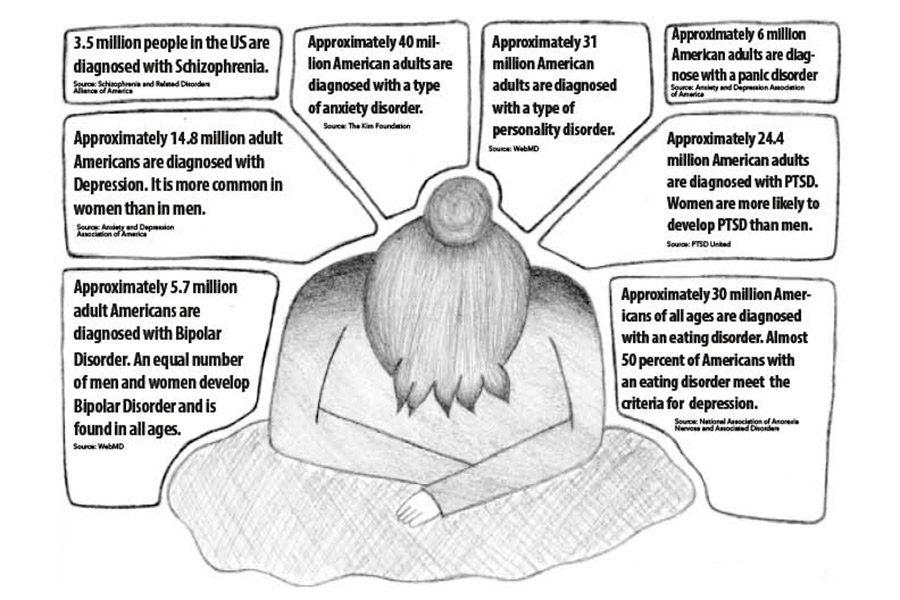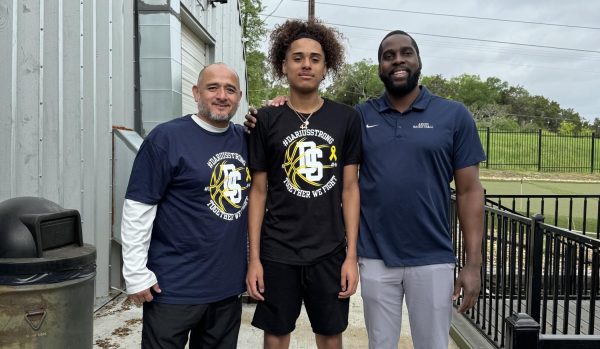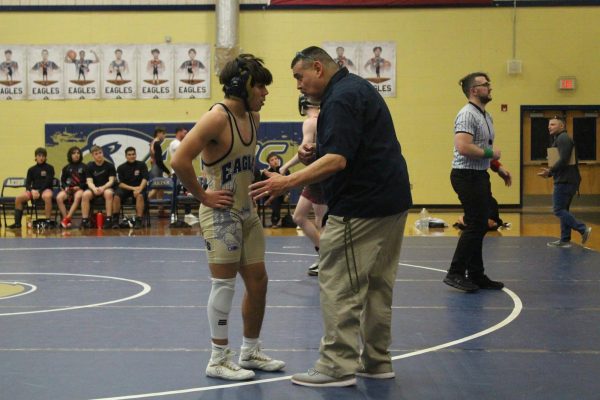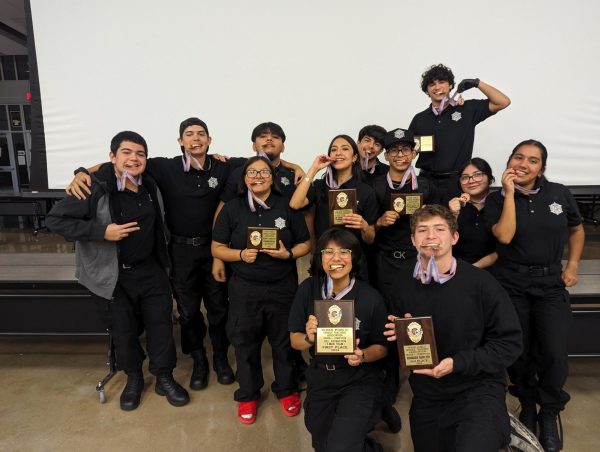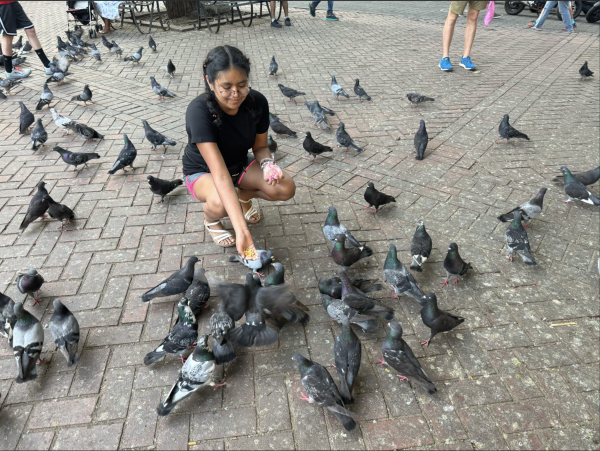Students raise awareness on mental health
When junior Emma Gruska feels an anxiety attack coming on she says it feels like a freight train going 110 miles per hour into the side of a mountain.
“I feel like my thoughts are moving at ridiculous speeds and I just over think everything to the worst possible place,” she said. “It makes some of the smallest things seem scary and uncomfortable.”
Anxiety is one of the many mental health illnesses Americans face everyday. Gruska is only one of the multiple students here at Akins High School dealing with a mental illness.
For over 67 years, Mental Health Awareness month has been observed in the month of May in the United States, reaching millions of people through the media, screenings, and various events.
The purpose of this month is to raise awareness about mental illnesses such as depression, bipolar disorder, schizophrenia, and many more.
Throughout the world most people see these types of mental illnesses as an imperfect condition and isolate themselves from the inflicted. Many of these conditions are genetic or developed from a type of traumatic life event.
While each mental illness has its own symptoms and effects, these conditions are heavily stereotyped. One stereotype of people with mental illness is that they are dangerous and unpredictable. However, in reality most people with a mental illness never commit acts of violence and are actually more likely to be victims of violence.
Many people don’t know enough information about mental illness and many times what they do believe is incorrect. These false facts lead to stigmas, which are marks of disgrace associated with a particular circumstance, quality or person.
Senior Tyra Williams has partnered with Student Support Services to create an anti-stigma campaign video to educate about mental health.
“I mostly wanted to help make this video because I also struggle with a mental health condition, which is depression and this is my first time speaking about my condition publicly,” Williams said. “But I truly believe that the reason no one wants to open up about it is because of the stigmas surrounding mental health.”
Most people with a mental illness don’t understand why they have it or when it started and ended. Williams said her depression can feel like it is “invading every part of me and my life.”
“Every conversation felt like talking to a brick wall,” she said.
What many people don’t know is that mental health disorders are more common than they think. One in four people in the world will suffer from a mental illness at some point in their lifetime.
Treatments are available but nearly two-thirds of people with a known mental illness never seek help from a mental health professional, according to the World Health Organization.
“Stigma, discrimination, and neglect prevent care and treatment from reaching people with mental disorders,” according to the World Health Organization’s website.
When a person is labeled by their illness they are seen as part of a stereotyped group. Negative attitudes like stigmas can sadly lead to suicide.
Suicide is the 10th leading cause of death in Americans, topping homicides. It has increased 30 percent in the last two years, according to the American Foundation for Suicide Prevention.
Those with an underlying mental health condition were 90 percent more likely to commit suicide, according to a study published by Jennifer Stuber at the University of Washington. But that’s not true for everyone who lives with mental health problems.
Organizations like the National Alliance on Mental Illness and the American Psychiatric Association, give tips to people who know someone who is dealing with a mental illness. The goal of the organizations is to help provide care for people with a mental illness.
The Student Support Services office at Akins has seven support groups that meet during FIT so students don’t miss any class time if they want to participate.
All of their groups are organized through theme or topic so participants can focus on that one specific problem.
Social Worker Colleen Arnold said the services her office provides are completely voluntary.
“If someone says no thank you to talking, we let them know who we are and what we do and that there is absolutely no obligation to talk,” she said.
Over many years people have deemed mental illness as something to be ashamed of, but with the help of others and organizations it can be overcome
“I just do the best I can and try not to be stressed about everything and look at the brighter side more,” Gruska said.
Your donation will support the student journalists of Akins High School. Your contribution will allow us to purchase equipment and cover our annual website hosting costs.

Grade: 11
Academy: AHA
Year on Staff: 1 year
Why they are on staff: To try something new
What do you do for fun: Go to the movies
Plans after high school: Go to college and make a lot of money


